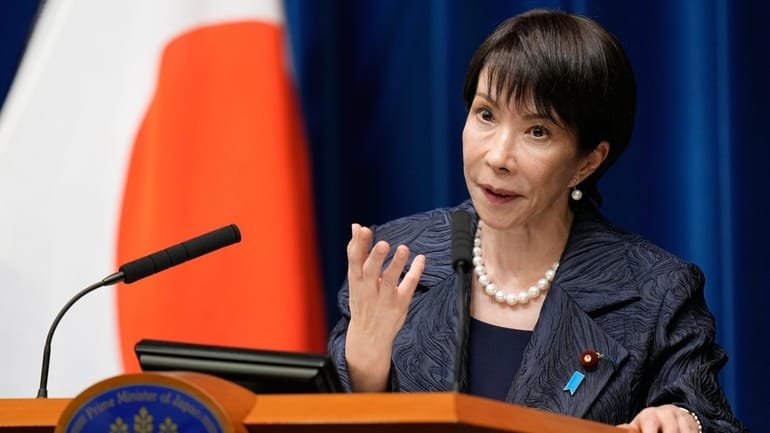Unfortunately, the original news article content could not be retrieved due to a '403 Client Error: Forbidden'. Therefore, a detailed analysis and rewrite based on the full text is not possible.
Exploring the Implied Narrative: Japan's Female Leader and Sumo Tradition
However, based on the insightful title, "Japan's 1st Female Leader Faces A Taboo Over Entering Male-Only Sumo Ring," we can infer the significant cultural and societal discourse this piece would have explored. The article likely delves into the deeply rooted traditions of sumo wrestling, a sport intrinsically linked to Shinto rituals and historical male exclusivity. The potential entry of Japan's first female leader into a sumo dohyo (ring) would represent a powerful challenge to centuries-old customs and gender norms within a highly traditional society.
Cultural Conflict and Modern Values
Such an event would spark discussions on several fronts: the evolving role of women in Japanese leadership, the interpretation of religious and cultural taboos in modern contexts, and the broader implications for gender equality in sports and public life. The article would undoubtedly detail the historical precedents, the specific rules and customs preventing women from entering the dohyo, and the reactions from various stakeholders, including sumo authorities, traditionalists, and progressive voices. It would likely highlight the tension between upholding revered cultural practices and the push for modernization and inclusivity.
The Unfolding Story of Tradition vs. Progress
While the specific details of the leader's stance, the public's reaction, or the outcomes of this potential challenge remain unknown without the original text, the premise itself underscores a critical juncture in Japan's cultural narrative. It prompts reflection on how societies navigate change while preserving heritage, especially when tradition conflicts with contemporary values of equality and representation.

